Zinc For Acne Scars & Spots: Treatments, Benefits, Uses & Risks
It's not only a vital mineral for overall health but also a potential solution to fighting acne.
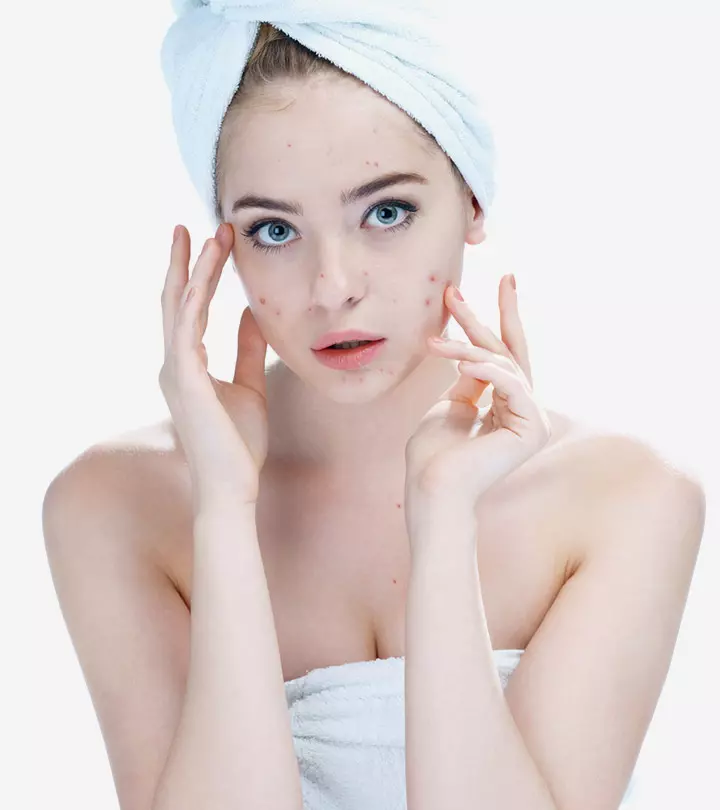
Image: iStock
Many people have started using zinc to treat acne spots and scars. Zinc is a promising alternative acne treatment (1). If you have exhausted all other acne treatments, including gels, cleansers, creams, and peels, zinc may be worth a try.
Zinc oxide, zinc sulfate, zinc gluconate, and several zinc salts have anti-acne properties (2). In addition, they can soothe acne lesions with their anti-inflammatory and antibacterial properties. While professionals are mixed on whether zinc should be used as a first line of treatment for acne, many people prefer it to supplement other therapies. So, what is the verdict? Is it possible to use zinc to treat acne? Is there any risk of side effects? Read on for more information.
In This Article
How Does Zinc Benefit Your Skin?
Research demonstrates the critical role of zinc in skin and tissue development. Zinc deficiency may manifest as several skin disorders like pellagra, alopecia, atopic dermatitis, and so on (2). This mineral supports the following functions (3), (4):
- Proliferation and development of epidermal (skin) cells.
- Differentiation of skin cells into specific cell types.
- Growth and maintenance of keratinocytes (type of cells found in the outermost layer of skin).
- Fighting infectious agents entering through cuts, bruises, zits, etc. on the skin.
- Controlling the growth and spread of cancerous skin cells.
- Proper formation and functioning of all the skin layers.
- Suppression of inflammation (allergies, ulcers, acne, etc.).
There is enough evidence to prove zinc’s efficacy in treating multiple types of acne.
Key Takeaways
- Zinc, a mineral with anti-inflammatory and antibacterial properties, can help with mild to severe acne and relieve blemishes.
- Zinc is available in three forms: topical, oral, and dietary.
- Zinc toxicity can be caused by exceeding the permissible amounts of zinc (elemental or as salts). Symptoms include bloody diarrheas, nausea, vomiting, loss of appetite, stomach cramps, and headaches.
- Always consult a dermatologist before using zinc to avoid self-medicating.
Is Zinc Good For Acne?
A study involving 47 patients with mild acne compared the efficacy of topical 5% zinc sulfate and 2% tea lotion. It found zinc sulfate to be more effective in reducing the severity of the lesions than the latter (2).
A path-breaking study in 1977 compared the effects of oral zinc sulfate and a combination dose of zinc sulfate and vitamin A on comedones, papules, and pustules. It found that zinc sulfate alone showed a significant decrease in the lesions (5).
When used alone and in combination with other agents, zinc ions have excellent anti-inflammatory activity. They suppress the growth and spread of acne-causing bacteria Propionibacterium acnes (P. acnes) by interfering in their key metabolic activities. Zinc may also control sebum secretion in the skin layers by restoring hormonal balance (2).
Healthcare professionals are divided over the use of zinc over traditional treatments and antibiotics.
Which Works Better On Acne: Zinc Or Antibiotics?
This is an ongoing debate and needs further in-depth research. A large body of research demonstrates how zinc is as beneficial as antibiotics, if not better, on acne. A 12-week study reports no difference in effect between zinc and antibiotic treatments (6).
Although antibiotics have been used to treat acne for over two decades, the causative bacterium P. acnes is growing resistant to them since 1992. When 30 patients with inflammatory acne were given 30 mg/day of zinc salts for two months, the number of lesions reduced significantly. This study reported that zinc salts could make the P.acnes bacteria less resistant to antibiotics (7). In other words, zinc therapy amplifies the effect of antibiotics for better acne management.
The exact mechanism of zinc in acne treatment is not well explained. This uncertainty, perhaps, makes antibiotics the preferred and prevalent choice of anti-acne treatment over zinc therapy (2). If you want to try zinc therapy, you can do it after consulting your dermatologist.
How To Use Zinc For Acne
You can use zinc in three ways: topical, oral, and via diet.
1. Topical Zinc
This is the safest and most vetted form of zinc therapy. Topical zinc is commonly available in the form of gels, ointments, lotions, pastes, washes, etc. (1).
You may use zinc in the forms of (2), (5):
- Zinc sulfate
- Zinc acetate
- Zinc octoate
Kristina, a YouTuber, shares her journey with using a serum containing niacinamide and zinc. She notes, “I noticed a huge difference in my skin texture right away within the second week of using it (i).”
 Pro Tip
Pro Tip2. Oral Zinc (Systemic Therapy)
Oral zinc is best when the treatment area is large, or the lesions have spread throughout the body.
Tablets, capsules, lozenges, or gummies of zinc salts are the preferred forms. They mainly contain (2):
- Zinc gluconate
- Zinc sulfate and other complex zinc salts
Another option is multivitamin or mineral supplements. Zinc is present in almost all such supplements. Zinc is also found in some oral over-the-counter products, like flu medication, denture adhesive creams, and lozenges (9).
However, avoid taking oral zinc supplements without consulting a dermatologist and unless you have a zinc deficiency. Excessive zinc intake can cause toxicity (discussed later in the article).
3. Dietary Zinc
Diets rich in zinc and vitamin-A-containing foods have been shown to control acne-related inflammation and skin lesions (8). Having zinc-rich foods is one of the easiest ways to ensure skin health. You can choose from the following to get your daily quota of zinc (9):
- Oysters
- Red meat
- Poultry
- Seafood (crabs, lobsters, etc.)
- Fortified breakfast cereals
- Nuts
- Beans
- Whole grains
- Dairy products
 Pro Tip
Pro TipAdditionally, incorporating essential oils for acne into your skincare routine can provide natural relief and support the healing of acne-prone skin.
Although all these forms of zinc are proven effective in managing acne, there may be a few forms that offer faster results. Check out what these are in the section below.
What Kind Of Zinc Is Best For Acne
The most effective forms of zinc for acne management are zinc gluconate, zinc picolinate, and zinc citrate. These forms are known for their superior absorption by the body, making them advantageous for addressing acne-related concerns. In fact, skincare supplements often incorporate these specific zinc forms to support overall skin health and combat acne. Nevertheless, consulting with a healthcare professional is crucial to determine the appropriate form and dosage, based on individual needs. Choosing the right zinc form aligns with targeted acne management, but personalized advice is essential to ensure optimal efficacy and safety in incorporating it into your skincare routine.
Taking zinc via diet does not cause toxicity. However, if you are using oral or topical forms, you have to be careful about the dosage. It is better to consult the dermatologist for your recommended dosage or check the section below.
How Much Zinc Should You Take for Acne?
The amount of zinc you need each day depends on your age. The average daily recommended dosage for zinc is (9):
| Life Stage | Recommended Dosage |
|---|---|
| Adults (Men) | 11 mg |
| Adults (Women) | 8 mg |
| Pregnant and Lactating Women | 11-12 mg |
| Teens (Boys) | 11 mg |
| Teens (Girls) | 9 mg |
| Children | 5-8 mg |
For oral or other systemic modes, the recommended zinc (in elemental or pure state) intake in the form of salts is:
| Zinc Salts | Recommended Dosage |
|---|---|
| Zinc Sulfate | 22.5 mg/ 100 mg |
| Zinc Acetate | 30 mg/100 mg |
| Zinc Oxide | 80 mg/100 mg |
Overall, adults should be taking 15-30 mg/day of zinc. The upper limit for zinc from all sources— food, beverages, and supplements is (9):
| Life Stage | Maximum Upper Limit |
|---|---|
| Adults | 40 mg |
| Teens | 34 mg |
| Children (pre-teens) | 23 mg |
It is important to stick to the recommended dosage to avoid side effects and complications. It is recommended to make pauses after three months of usage of oral supplements.
Risks Associated With Using Zinc For Acne
Zinc does not cause any major side effects unless taken in excess. Consuming zinc (elemental or as salts) beyond the recommended doses can lead to zinc toxicity and cause symptoms like (2), (9):
- Bloody diarrhea
- Nausea
- Vomiting
- Loss of appetite
- Stomach cramps
- Headaches
Zinc supplements may interfere with other dietary supplements, certain antibiotics, and diuretics (9). Therefore, it is critical to inform your healthcare provider of the dietary supplements you consume – especially if they contain zinc and copper.
Zinc can help with mild to severe acne. Therefore, its involvement in anti-acne treatment is one of dermatology’s most researched and investigated areas. On the other hand, zinc-based therapy is not advised as a replacement for established antibiotic-based medicines.
Some doctors may prescribe it in addition to acne medication. This is not to say that you should avoid using zinc to treat acne. To avoid side effects and complications, it is critical to stick to the prescribed dosage. Avoid self-medicating and always seek advice from a dermatologist before using zinc.
Frequently Asked Questions
How long does it take for zinc to clear acne?
Topically applied zinc may take up to 3 months to have a visible effect on acne. But in some cases, such as hormonal acne, zinc may not be able to clear up acne.
Does zinc cause skin purging?
No. Zinc is not known to cause skin purging.
Is zinc good for fungal acne?
Zinc pyrithione may help with fungal acne as it has antifungal properties.
Watch the following video to explore the relationship between zinc and acne and understand how zinc supplements or topical treatments may impact your skin health. The video shares valuable insights about this potential solution for clearer skin.
Personal Experience: Source
StyleCraze's articles are interwoven with authentic personal narratives that provide depth and resonance to our content. Below are the sources of the personal accounts referenced in this article.
(i) HOW I CLEARED MY SKIN IN 30 DAYS *naturally*https://www.youtube.com/watch?v=BWRh6SV32nE
References
Articles on StyleCraze are backed by verified information from peer-reviewed and academic research papers, reputed organizations, research institutions, and medical associations to ensure accuracy and relevance. Read our editorial policy to learn more.
- The role of zinc in the treatment of acne: A review of the literature
https://pubmed.ncbi.nlm.nih.gov/29193602/ - Zinc Therapy in Dermatology: A Review
https://www.ncbi.nlm.nih.gov/pmc/articles/PMC4120804/ - Zinc and Skin Disorders
https://www.ncbi.nlm.nih.gov/pmc/articles/PMC5852775/ - Zinc and skin: an update
https://pubmed.ncbi.nlm.nih.gov/30873720/ - Effects of oral zinc and vitamin A in acne
https://pubmed.ncbi.nlm.nih.gov/137693/ - A double-blind study of the effect of zinc and oxytetracycline in acne vulgaris
https://pubmed.ncbi.nlm.nih.gov/145237/ - Effect of zinc gluconate on Propionibacterium acnes resistance to erythromycin in patients with inflammatory acne: in vitro and in vivo study
https://pubmed.ncbi.nlm.nih.gov/15908296/ - Correlation between the Severity and Type of Acne Lesions with Serum Zinc Levels in Patients with Acne Vulgaris
https://www.ncbi.nlm.nih.gov/pmc/articles/PMC4135093/ - Zinc
https://ods.od.nih.gov/factsheets/Zinc-Consumer/
Read full bio of Dr Jovana Majstorovic
Read full bio of Swathi E
Read full bio of Ramona Sinha
Read full bio of Monomita Chakraborty






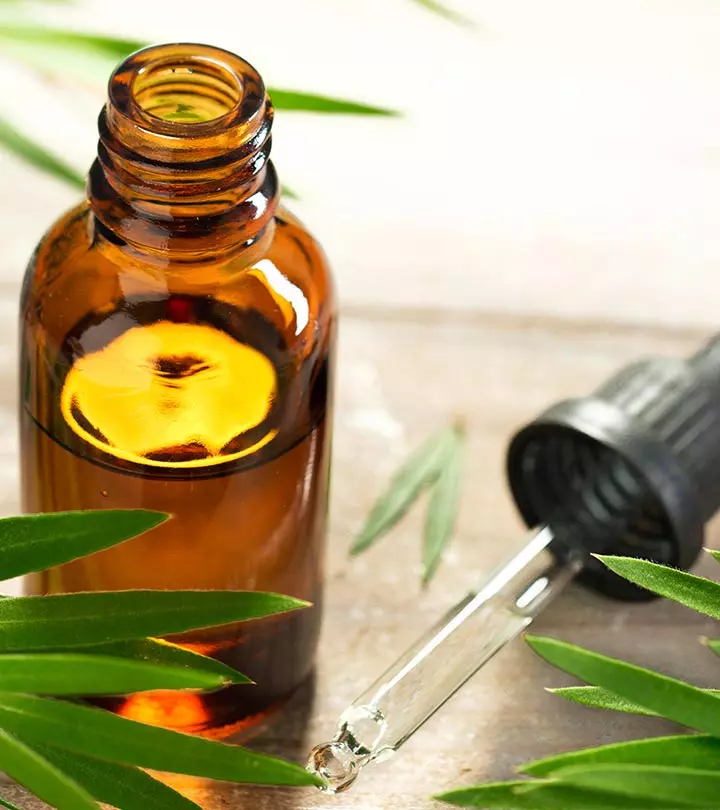
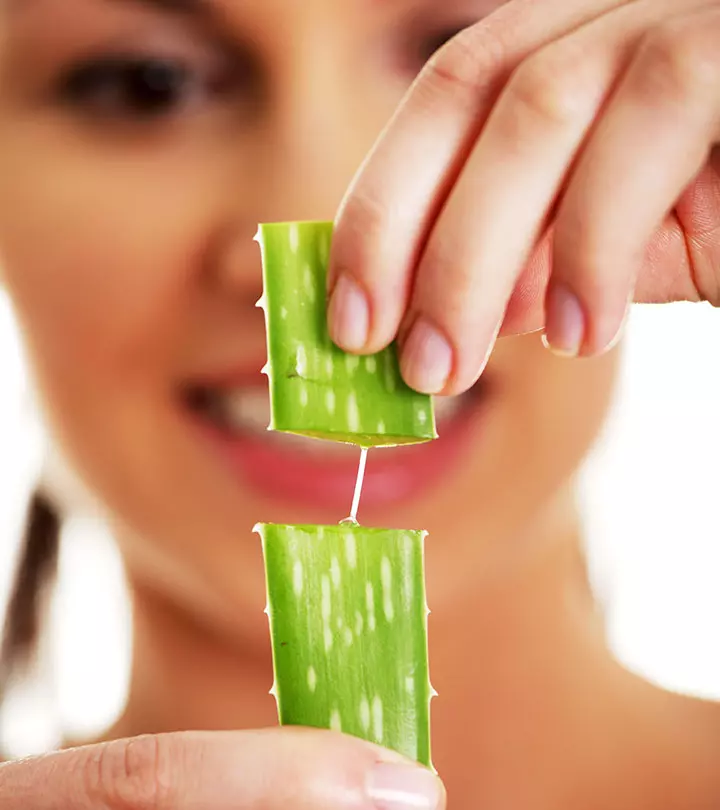
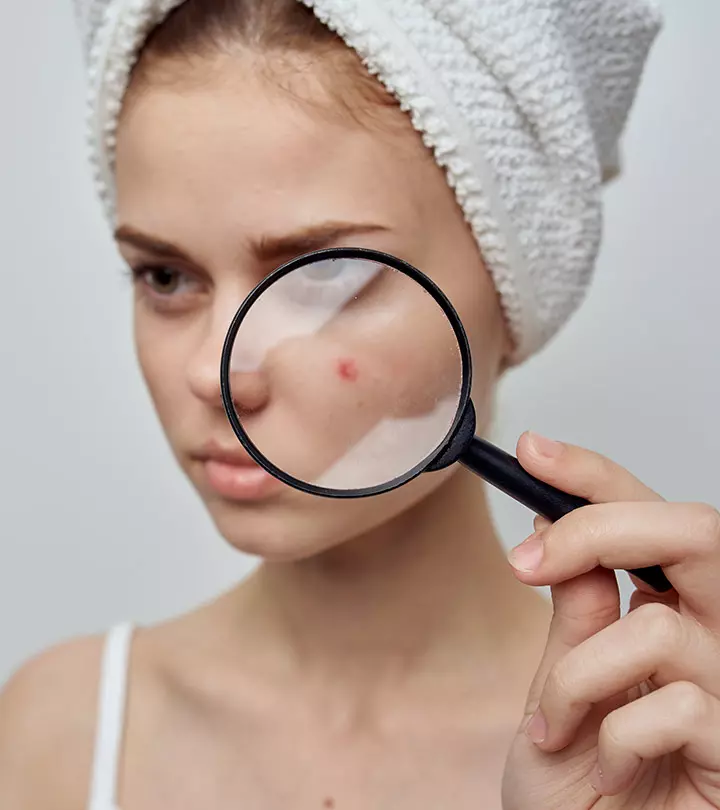
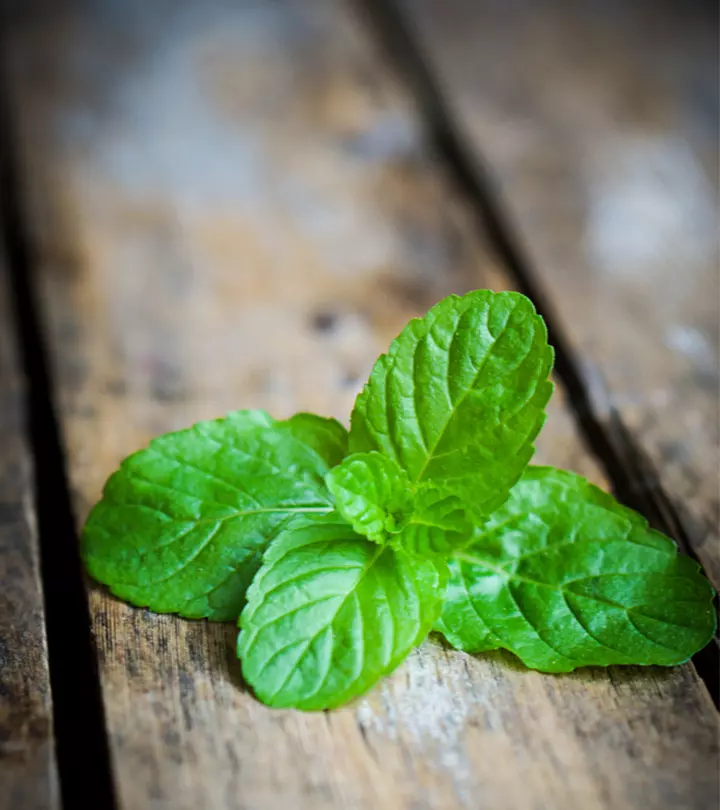
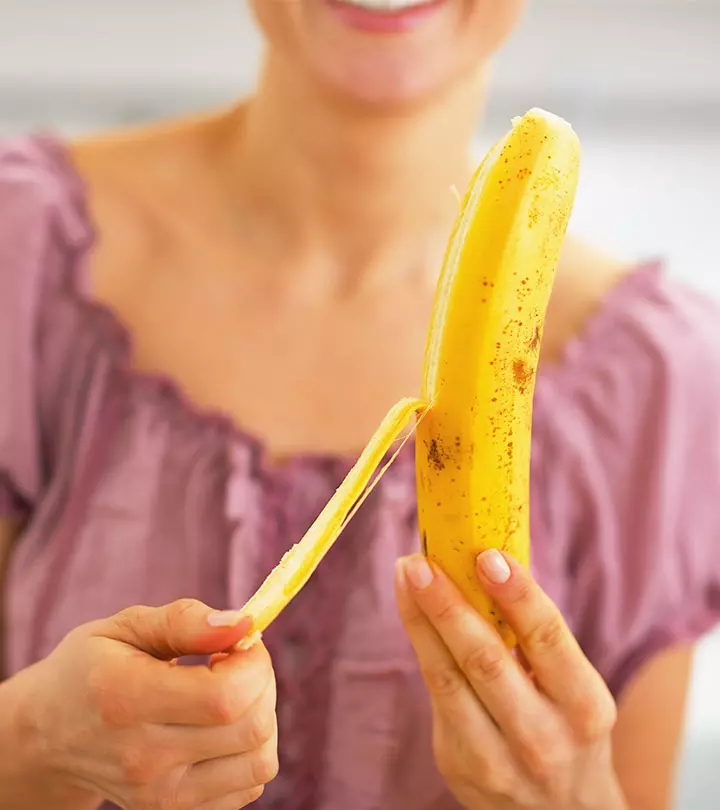
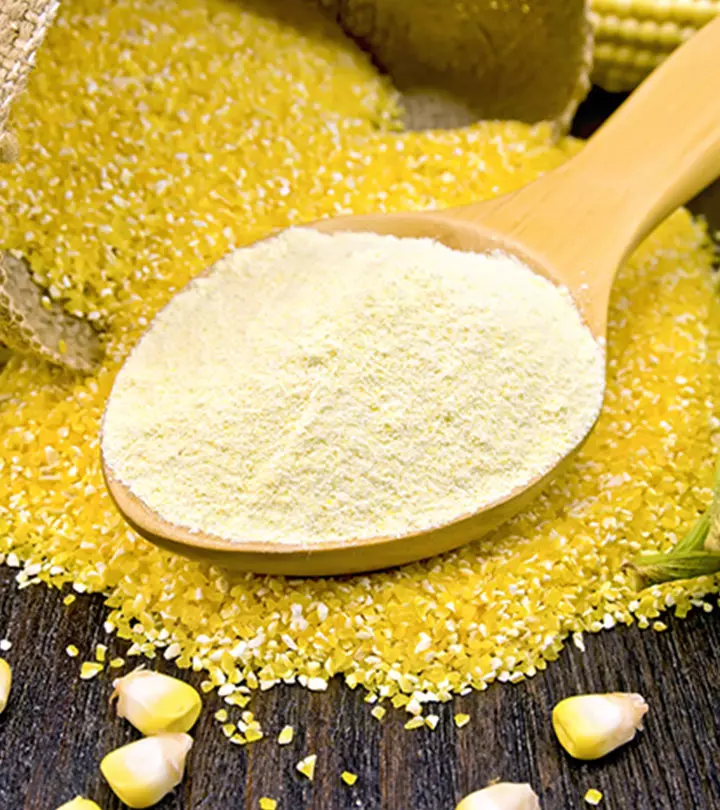

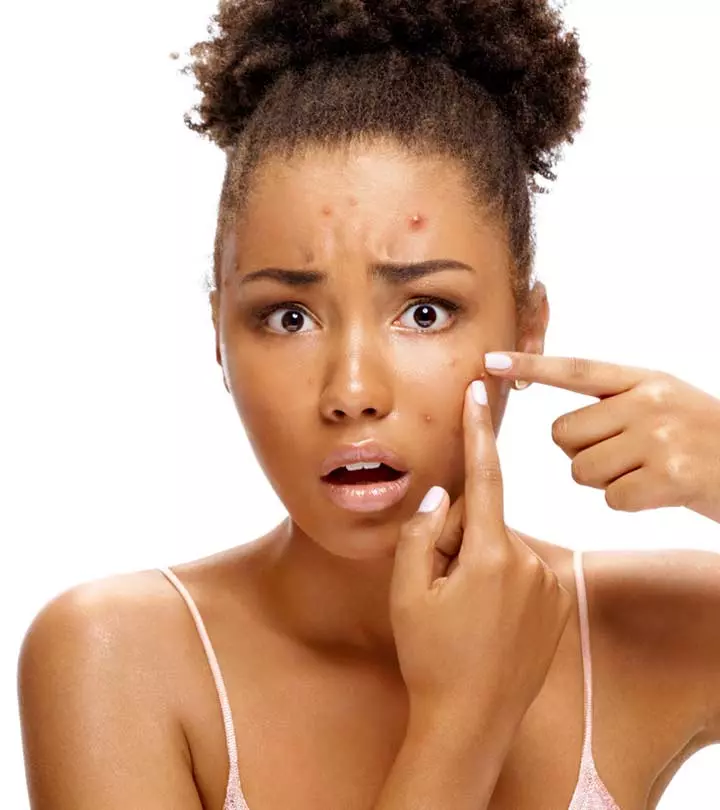
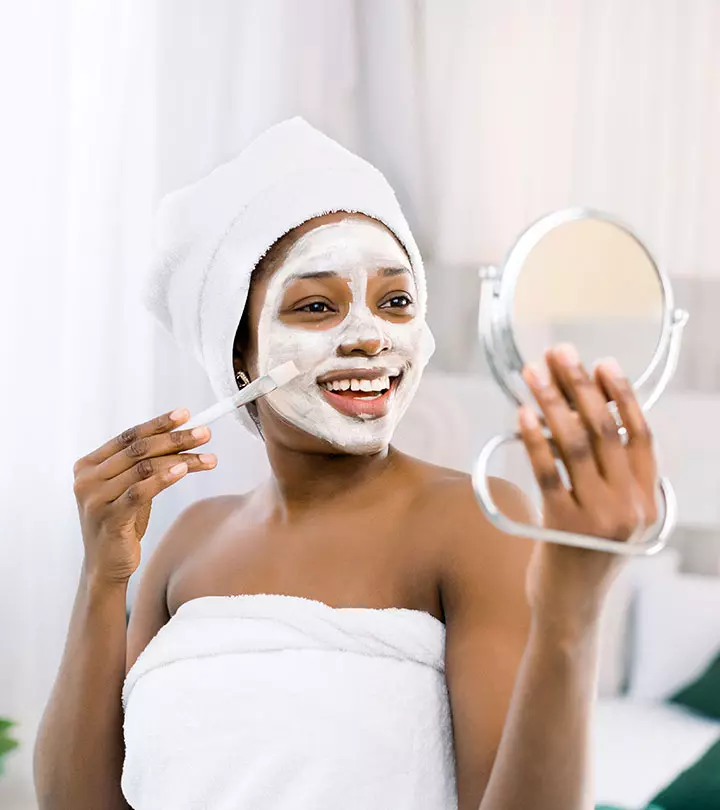
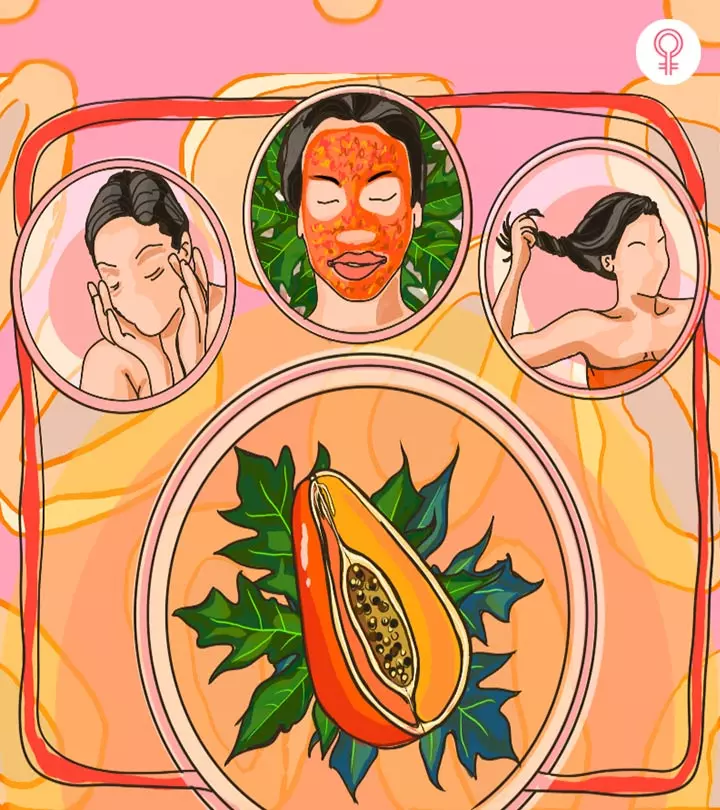

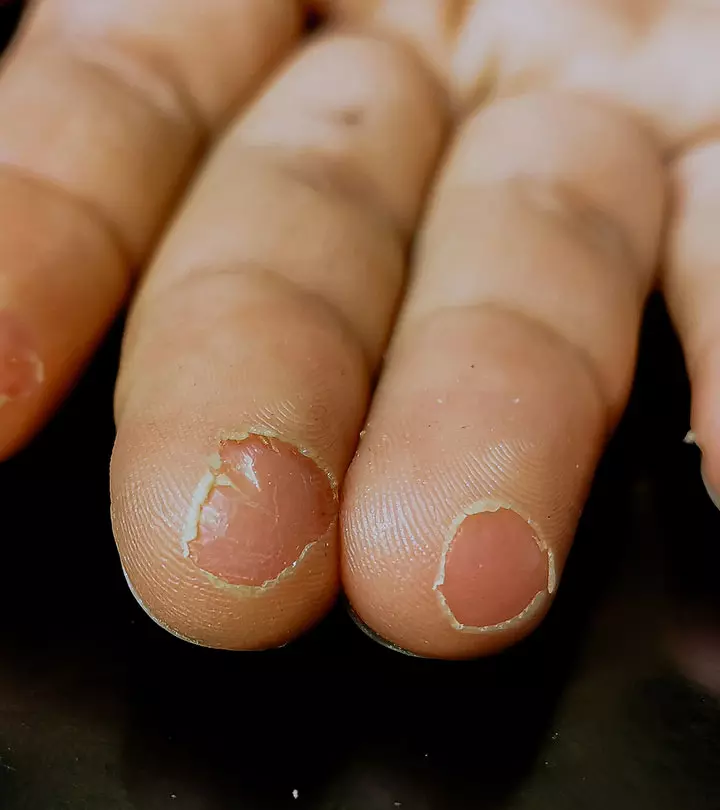
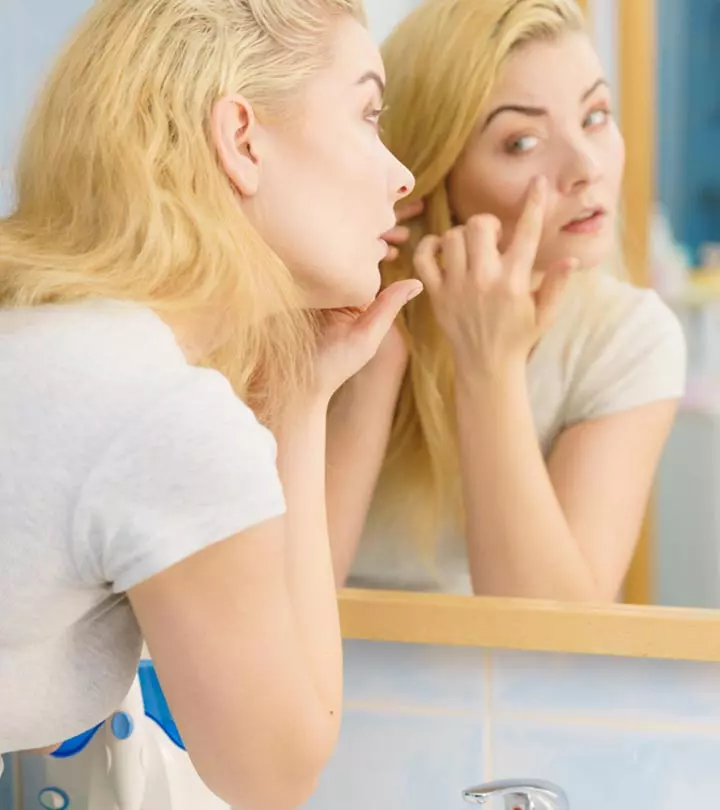
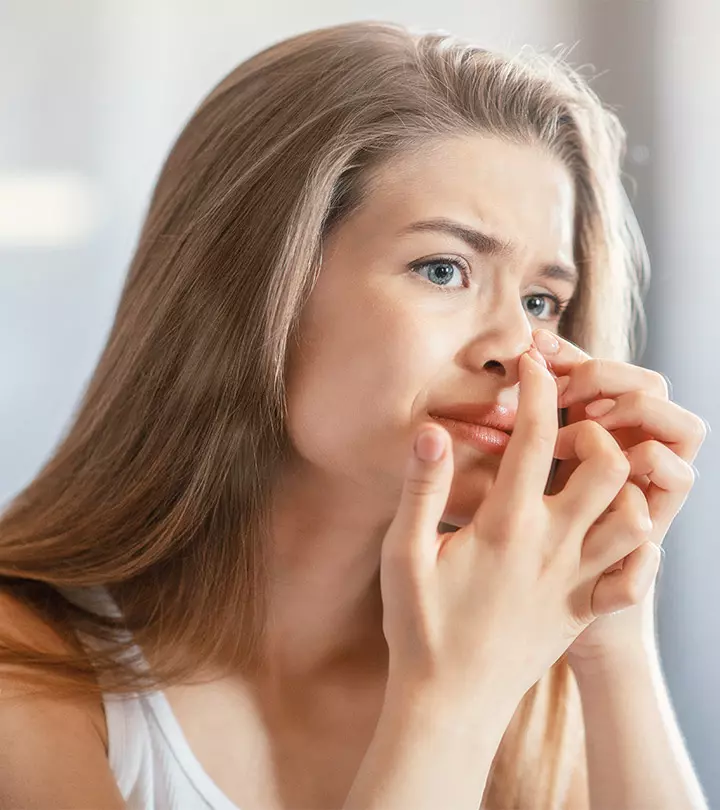
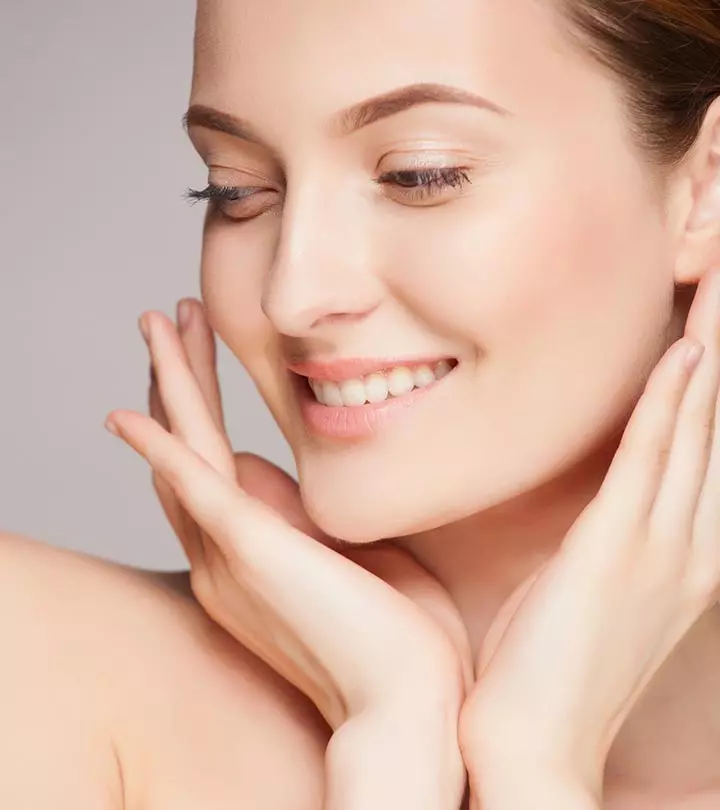
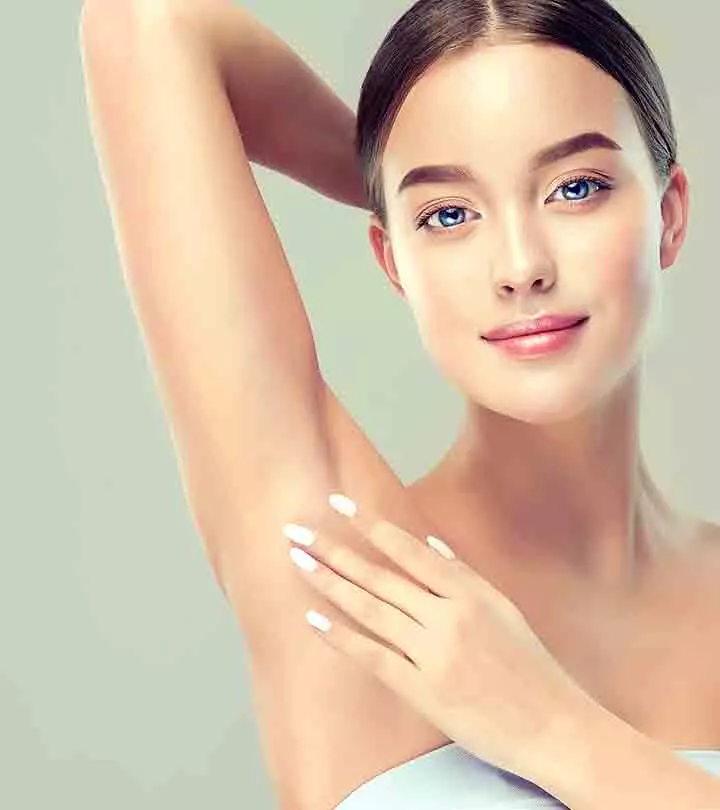
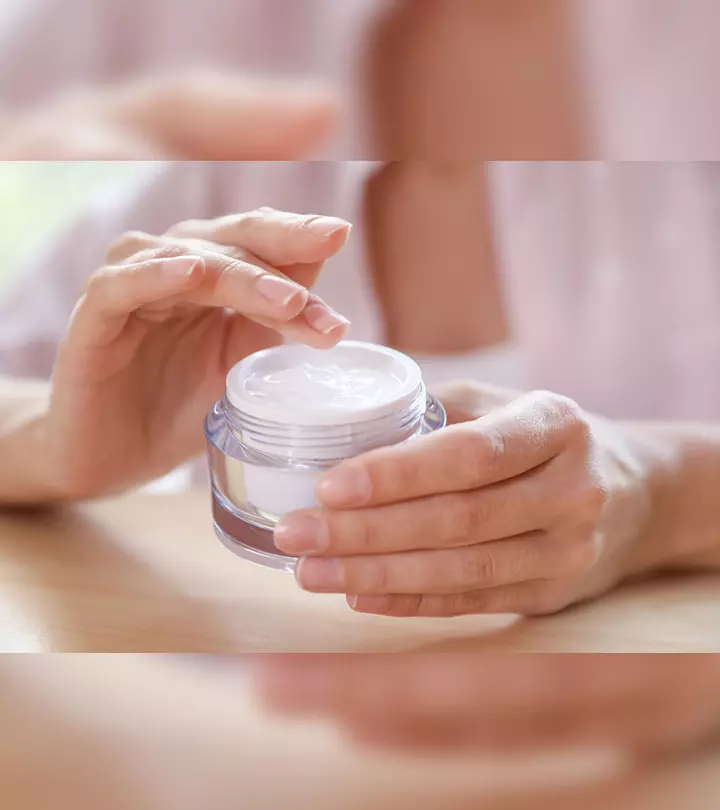
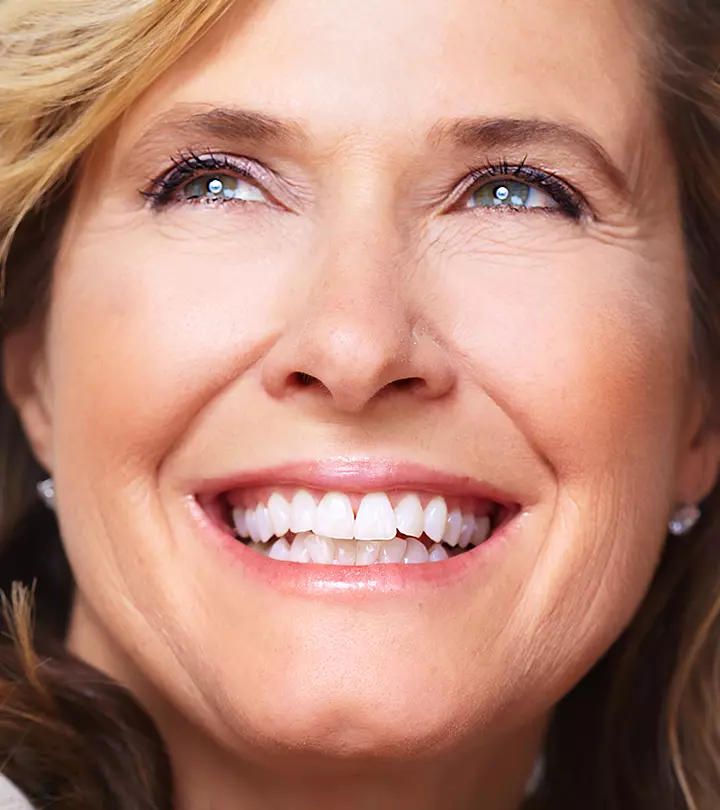
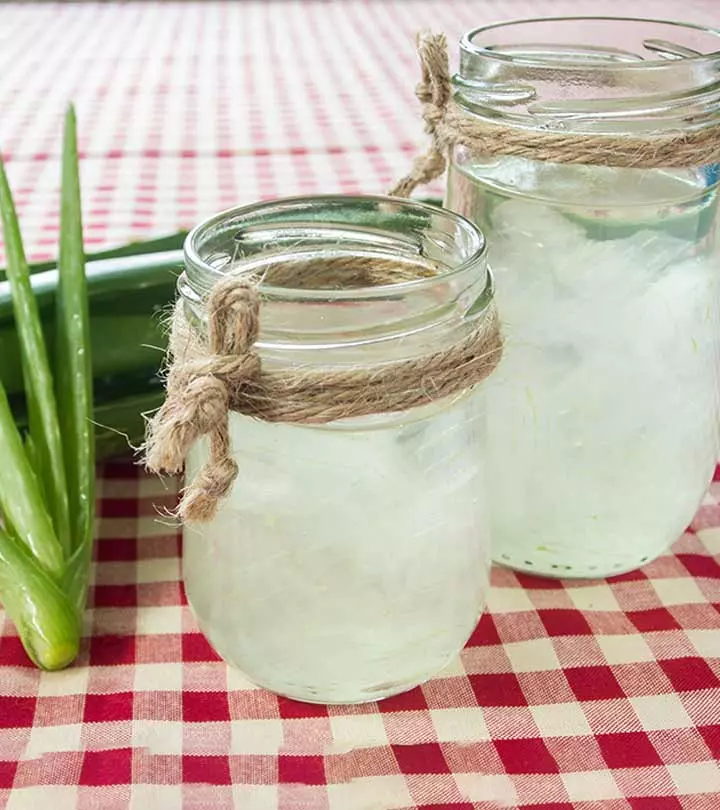
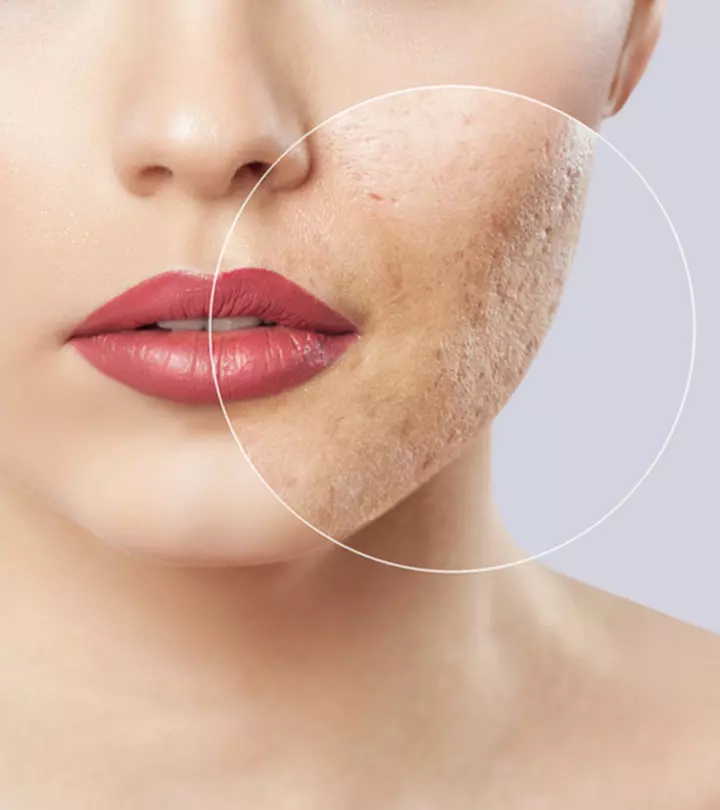
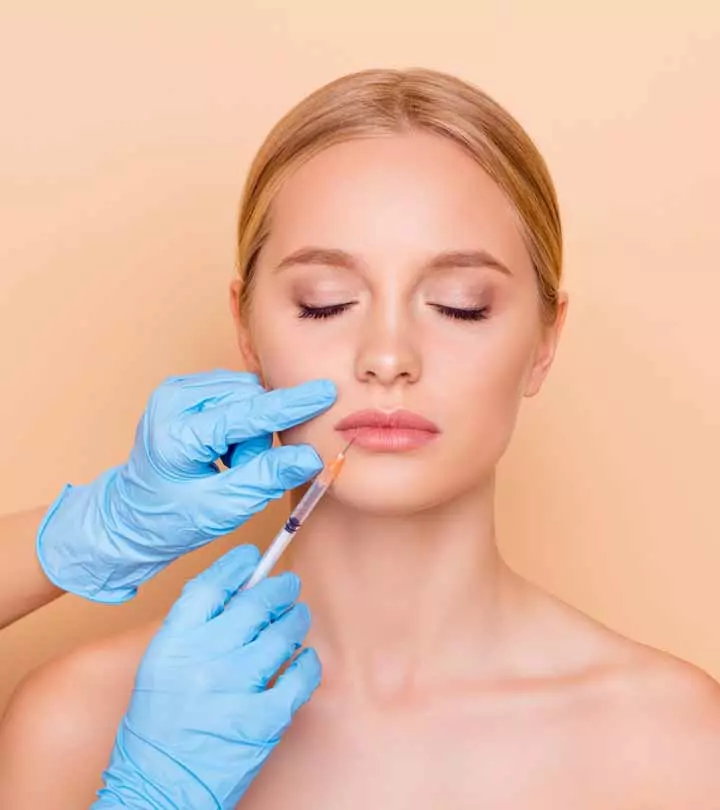
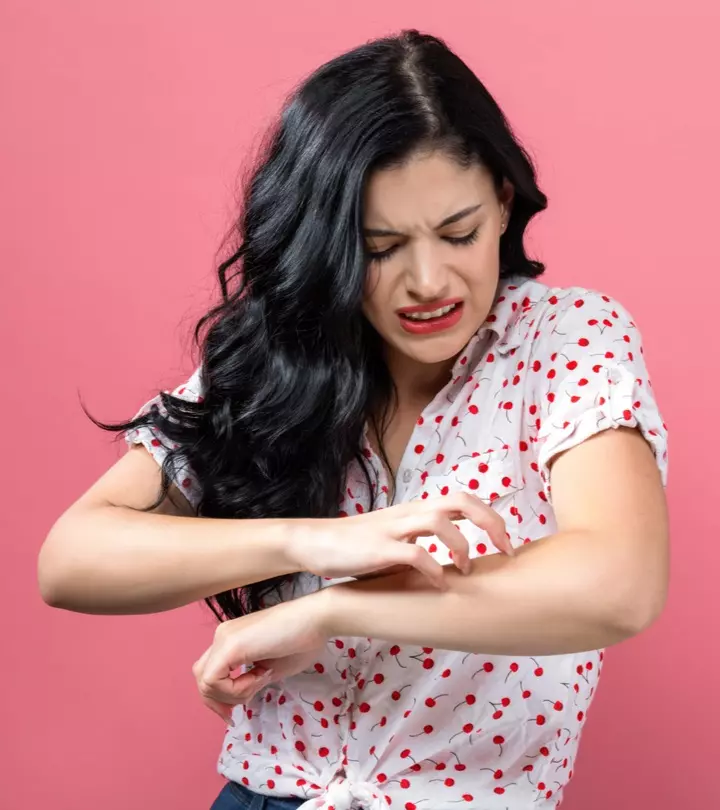
Community Experiences
Join the conversation and become a part of our empowering community! Share your stories, experiences, and insights to connect with other beauty, lifestyle, and health enthusiasts.